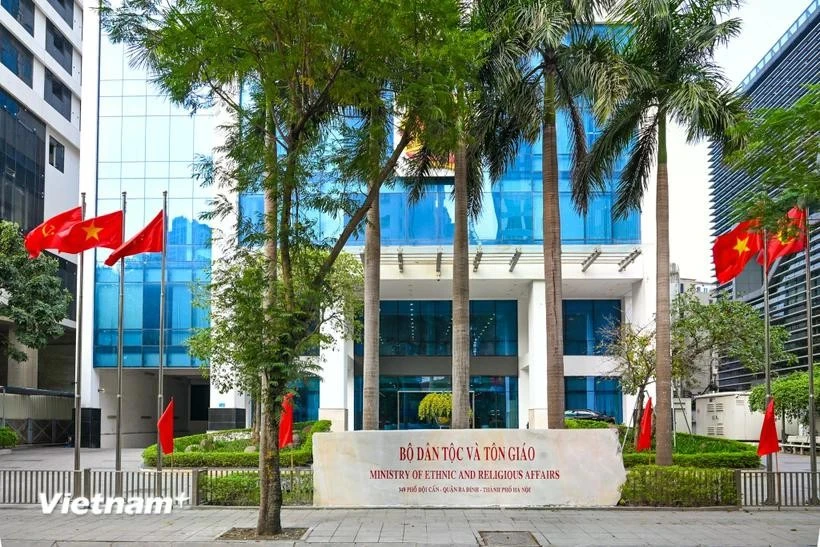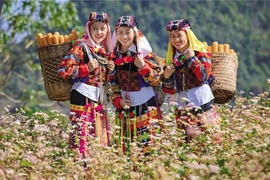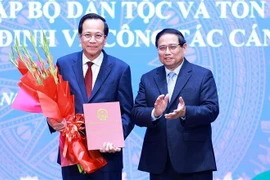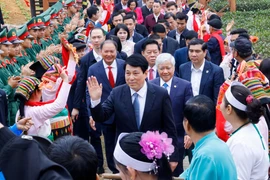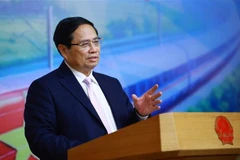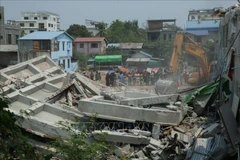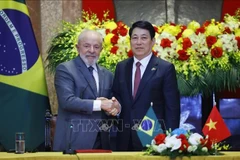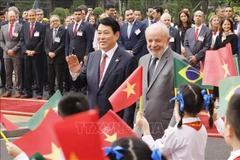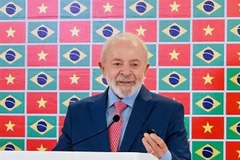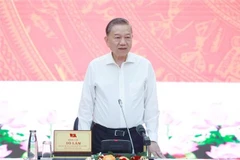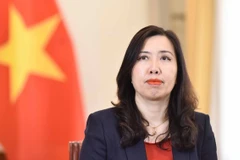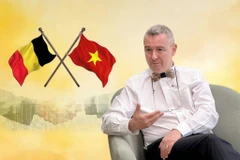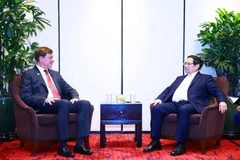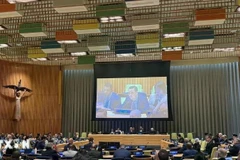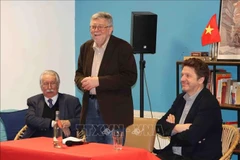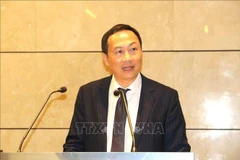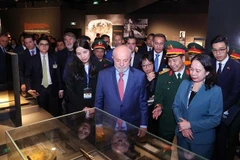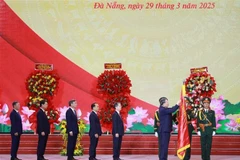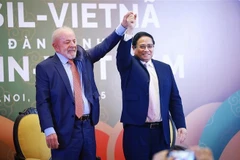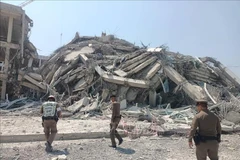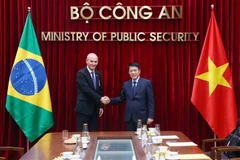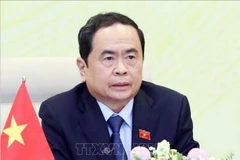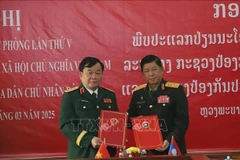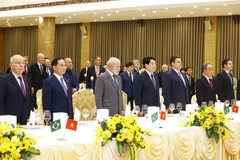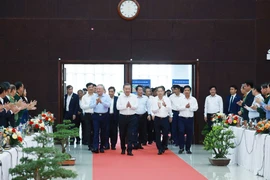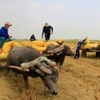Hanoi (VNA) - In the ever-evolving landscape of Vietnam, the nation’s unity remains its bedrock. The spirit of solidarity, rooted in a shared sense of identity and mutual responsibility, demands the implementation of policies that will further strengthen the country’s development.
The Ministry of Ethnic and Religious Affairs, which officially commenced operations on March 1, 2025, represents a significant milestone in the nation’s governance. This marks not only a key moment in the restructuring of the government but also a pivotal development in the management of ethnic and religious affairs, positioning the ministry as a significant contributor to Vietnam's prosperity and growth in the new era.
Eliminating gaps among ethnicities
In the early days of March 2025, the atmosphere at the ministry’s departments in Hanoi was filled with energy, unity, and a sense of collective responsibility. This newly established ministry, formed under a sense of urgency, has attracted considerable attention from citizens nationwide.
On February 18, the National Assembly passed Resolution 176/2025/QH15, which officially established the Ministry of Ethnic and Religious Affairs. This decision transferred the responsibility for managing religious affairs from the Ministry of Home Affairs to the Government Committee of Ethnic Minority Affairs to the new ministry.
The formation of the ministry is not simply a step towards streamlining Government operations, it also solidifies the importance of ethnic affairs within the government by incorporating religious matters under its remit. The merger of these two key areas is expected to improve the efficiency and effectiveness of policies regarding both ethnicity and religion, reinforcing national unity and positioning the country for greater progress.
In Vietnam, ethnic and religious issues are intrinsically linked. The country is home to 54 ethnic groups, with 53 minority. Socio-economic conditions in many of these minority-inhabited areas remain below the national average. The Government has consistently prioritised equality, solidarity, and mutual support for development. This philosophy has guided the country throughout its revolutionary history, as the state has consistently respected all religions and supported the economic development of ethnic minority regions.
At a ceremony on March 1, 2025, Prime Minister Pham Minh Chinh emphasised that the strength of Vietnam lies in its unity amidst diversity. The 54 ethnic groups each contribute their unique cultural heritage, and it is this spirit of collective solidarity that has driven the country’s successes, as encapsulated in the words of President Ho Chi Minh: “Unity, unity, great unity/Success, success, great success.”
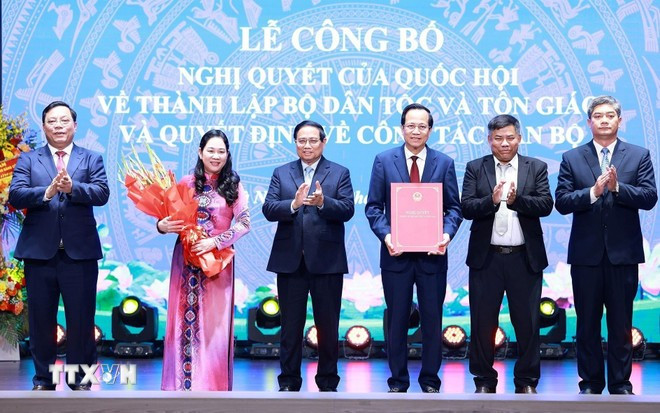
PM Chinh further stressed that in the current period, the nation must continue to build upon its legacy of collective unity and shared commitment to national goals. The Ministry of Ethnic and Religious Affairs, he noted, plays a crucial role in the implementation of policies and laws relating to both ethnic and religious affairs. This will ensure that all citizens, regardless of ethnicity or religion, have equal opportunities for development without any gaps, leaving no one behind and not allowing hostile forces to drive a wedge into the great national solidarity.
Alongside its focus on ethnic matters, the ministry will also oversee religious affairs, guaranteeing the right to religious freedom for all citizens. It will work to ensure a harmonious relationship between religious practice and everyday life. It is also tasked to enhance the quality of material and spiritual life of all religious communities.
Minister of Ethnic and Religious Affairs Dao Ngoc Dung affirmed the solidarity of leaders and officials within the ministry as well as their commitment to best performance.
A commitment to action
Following the National Assembly’s resolution, the ministry quickly moved to implement its mandate. On March 1, the official handover ceremony between the Ministry of Ethnic and Religious Affairs and the Ministry of Home Affairs was held, completing the process of establishing the new body. On the same day, Minister Dao Ngoc Dung met with religious leaders from across the country.
On March 3, the ministry hosted a conference to announce key leader appointments and establish its internal structure. Also on the day, the first plenary of the ministry’s Party Committee was held.
In his address, Minister Dung underscored that the nation’s prosperity is closely tied to the successful management of both ethnic and religious issues. He outlined plans for the ministry to take a proactive approach, focusing on innovation and collaboration to address these vital areas.
He urged officials within the ministry to act with creativity and efficiency, ensuring that ethnic and religious policies are well-implemented and that challenges, particularly in ethnic minority regions, are swiftly addressed. In this way, the ministry can facilitate the programme to boost socio-economic growth in ethnic-inhabited and mountainous regions.
The official said that he is confident that following these outlined orientations, remarkable progress will be recorded in ethnic and religious affairs, thus reinforcing the firm political foundation for the country to enter a new era – the era of the nation’s rise./.
